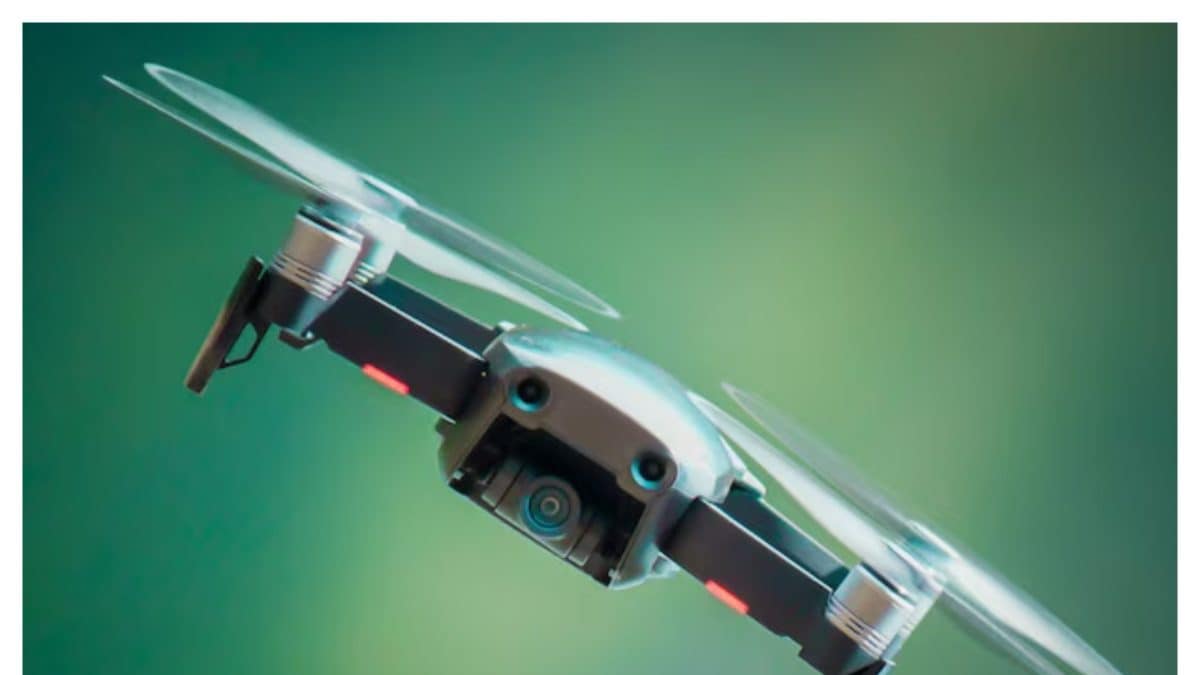The peaceful state of Manipur has been rocked by a series of attacks attributed to suspected militants, raising concerns about escalating violence in the region. The use of drones in these attacks marks a concerning escalation in the conflict, showcasing the increasing sophistication and reach of militant groups. This trend underscores the need for enhanced security measures and collaborative efforts to prevent further violence and safeguard the lives of innocent civilians.
Drone Attacks: A Growing Threat in Manipur
The recent incidents of drone attacks in Manipur are a significant development in the ongoing conflict. The use of drones to deliver explosives is a relatively new tactic in the region and poses a serious threat to public safety. The accessibility and versatility of drones make them a formidable weapon for militants, capable of striking targets with relative ease and precision. The attacks raise concerns about the vulnerability of Manipur to these advanced techniques and the need for robust counter-drone strategies.
A Disturbing Trend of Escalation
The back-to-back drone attacks in Manipur, within a span of two days, highlight the escalating nature of the conflict. These incidents indicate that militant groups are increasingly resorting to sophisticated tactics and are not hesitant to inflict violence on civilians. The attacks, aimed at densely populated areas, further demonstrate the callous disregard for human life exhibited by these groups. This escalation in violence poses a direct threat to peace and stability in the region.
The Security Implications of Drone Attacks
The use of drones by militants presents a serious challenge to security forces in Manipur. These unmanned aerial vehicles are difficult to detect and intercept, especially in dense urban environments. Their ability to operate silently and cover large distances increases the vulnerability of critical infrastructure and civilian gatherings. The attacks underscore the need for investment in counter-drone technology, improved intelligence gathering, and enhanced border security measures.
The Impact on Civilians and Community
The recent attacks have caused widespread fear and uncertainty among the civilian population. The bombing incidents have resulted in injuries and fatalities, traumatizing communities and disrupting their sense of safety. The attacks have also raised concerns about the adequacy of existing security measures and the ability of authorities to protect civilians. The trauma and displacement caused by the attacks have a profound impact on the socio-economic fabric of the region, compounding existing challenges.
A Need for Community Collaboration
In the face of escalating violence, community participation plays a crucial role in preventing further attacks. Vigilance, information sharing, and collaborative efforts between security agencies and the local population are essential for early detection and response. Community empowerment and building trust between security forces and the community are vital for counterterrorism efforts and building a safe and stable environment.
Seeking Peace and Stability
The ongoing conflict in Manipur demands immediate and comprehensive measures to address the underlying grievances, foster dialogue, and ensure lasting peace. The use of drones in the attacks is a grave concern, highlighting the urgent need for coordinated efforts to combat the rise of terrorism and ensure the safety of innocent civilians.
The Importance of Dialogue and Reconciliation
Peaceful resolution through dialogue and reconciliation remains the most viable path to resolving the conflict in Manipur. Engaging with all stakeholders, including armed groups, is crucial to understanding their concerns and exploring potential solutions. Building bridges and fostering trust among communities are vital for achieving lasting peace.
A Call for Collective Action
Addressing the escalating violence in Manipur requires a concerted effort by all parties involved. The government, security forces, and civil society must work together to ensure the safety of civilians, tackle the root causes of the conflict, and pave the way for lasting peace. This includes tackling the grievances of marginalized communities, fostering inclusivity, and strengthening democratic institutions.
Take Away Points
- The use of drones by militants in Manipur marks a concerning escalation in the conflict.
- Drone attacks pose serious threats to public safety and security.
- Effective counter-drone strategies are crucial to combatting the rising threat.
- Community engagement and vigilance play a vital role in preventing further violence.
- A comprehensive approach, focusing on dialogue, reconciliation, and addressing underlying grievances, is necessary for achieving lasting peace in Manipur.




